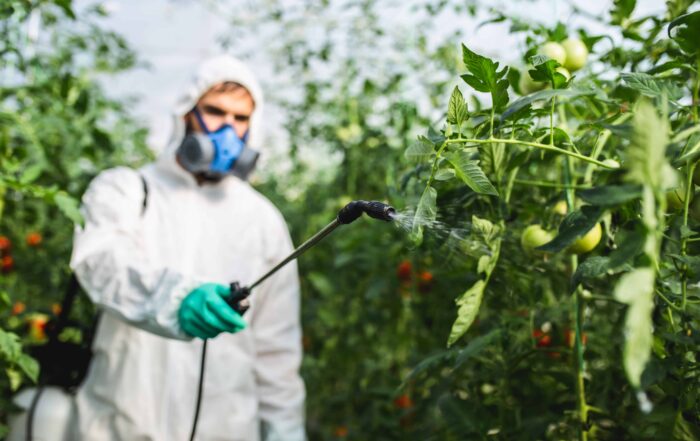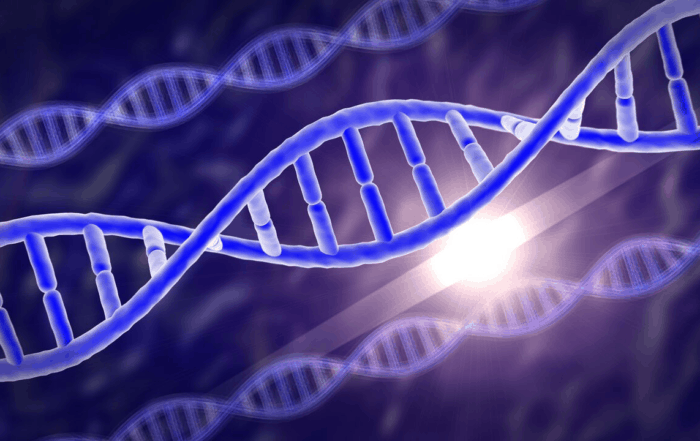Presentation slides are online – https://www.ariconference.com/webinars/chandra2.pdf
Handouts are online – View handouts .pdf
According to the latest CDC report, 1 out of every 50 school-age children now has an autism spectrum disorder (ASD). There is mounting evidence that environmental influences are playing a role in the increasing rates of ASD. The combination of genetic vulnerabilities along with environmental toxins may result in disturbances or imbalances in the immune, gastrointestinal, mitochondrial, hormonal, and/or neurologic systems in some children. These disturbances often can be assessed through a detailed history and laboratory tests. Evidence-based holistic and natural approaches to these imbalances will be discussed, including vitamins, dietary changes, and herbal medicines. Specific recommendations for reducing your family’s exposure to environmental toxins and creating a healthy home will also be reviewed.
Published: 05/22/2013

New research points to alterations in BPA excretion pathway in children with autism, ADHD
Children with autism spectrum disorders (ASD) may have a reduced ability to detoxify the chemical bisphenol A (BPA), according to new research. BPA is an industrial “plasticizer” used in plastic water bottles, food
Animal study adds to evidence of link between pyrethroids and autism
A new animal study adds to evidence that prenatal exposure to common insecticides called pyrethroids may increase the likelihood of a child developing autism or another neurodevelopmental disorder. Melissa Curtis and colleagues,
Mothers’ exposure to airborne pollution may increase likelihood of autism
A new study from Sweden suggests that maternal exposure to airborne pollution during pregnancy may increase the likelihood of a child being diagnosed with classical autism or an autism spectrum disorder (ASD).
Gene-Environment Interactions in Autism: Research Updates
Valerie W. Hu, Ph.D., discusses gene-environmental interactions pertaining to autism. She describes how integrative genomics studies on autism led to investigating endocrine disrupting compounds (EDCs) as environmental risk factors for autism and presents
Genetics, the Environment & Autism
The word “genetics” tends to spark different reactions by parents and professionals within the autism community, ranging from interest to indifference or even annoyance. These days the media seems to report a
Environmental Toxins and ASD, Pamela Lein, PhD
Pamela Lein, Ph.D., is a Professor at the UC Davis School of Veterinary Medicine in the Department of Molecular Biosciences. Dr. Lein received her Ph.D.







